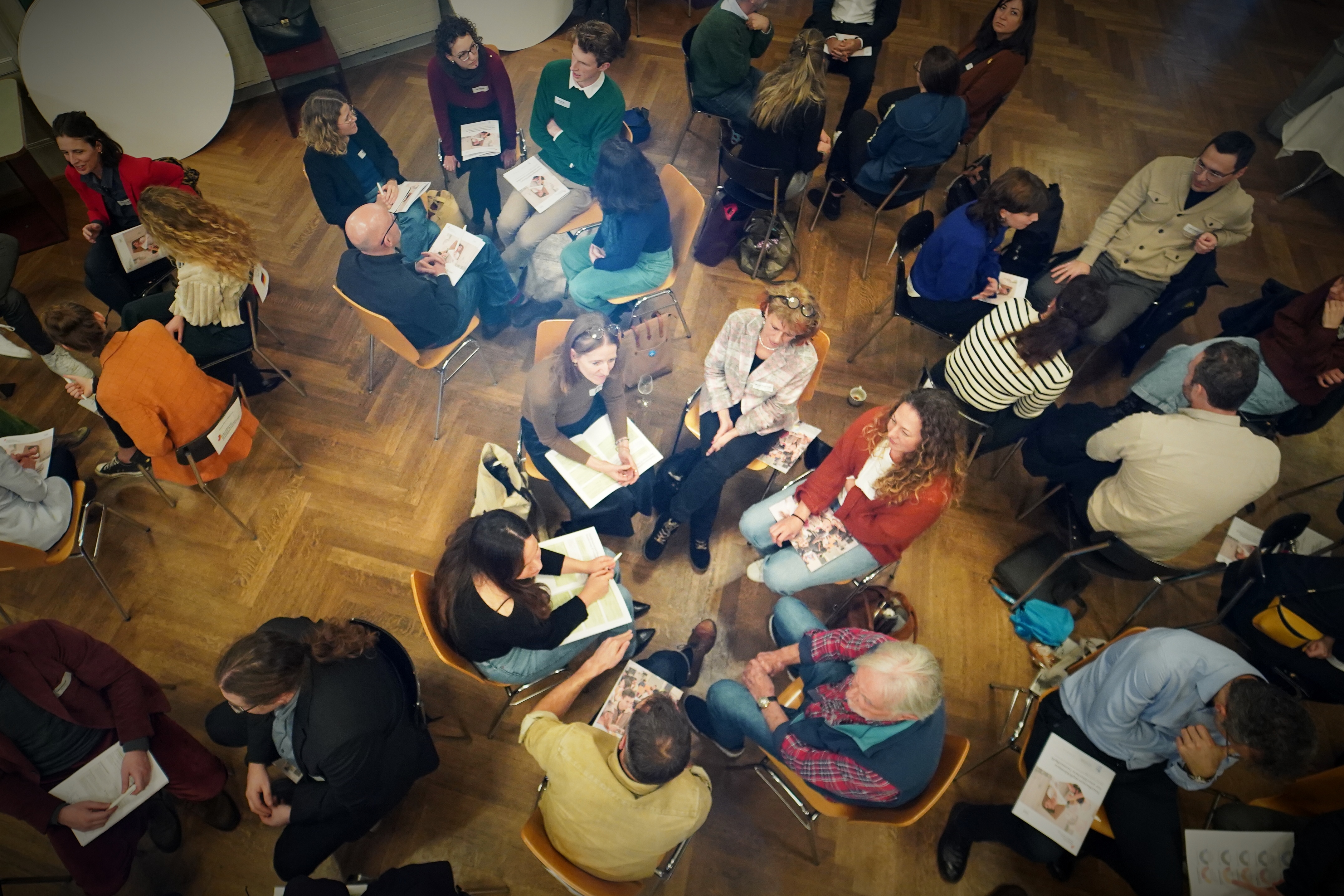A clear majority of 70% of respondents feel that social cohesion has declined in recent years. Opinions and emotions are particularly polarized around immigration, support for Ukraine, and pandemic measures.
On the question of whether immigration should be restricted or facilitated, affective polarization is especially pronounced: a significant share of the population feels very strong antipathy toward those in favor of more immigration.
The design of the welfare state, gender equality, and the protection of sexual minorities are the least emotionally polarizing issues. Notably, these topics are considered highly important by the population. Nearly 60% see the wealth gap as the strongest dividing line in Swiss society.
Climate protection and relations with the EU cause moderate levels of affective polarization.
SVP and SP voters are, on average, the most affectively polarized and express the strongest antipathy toward those with opposing views on the eight key issues. Older generations and politically active individuals are also more affectively polarized.
SVP voters consider themselves the least willing to compromise on all policy issues compared to voters of other parties. Across all age groups, young people report the highest willingness to compromise.







.png)
.png)


